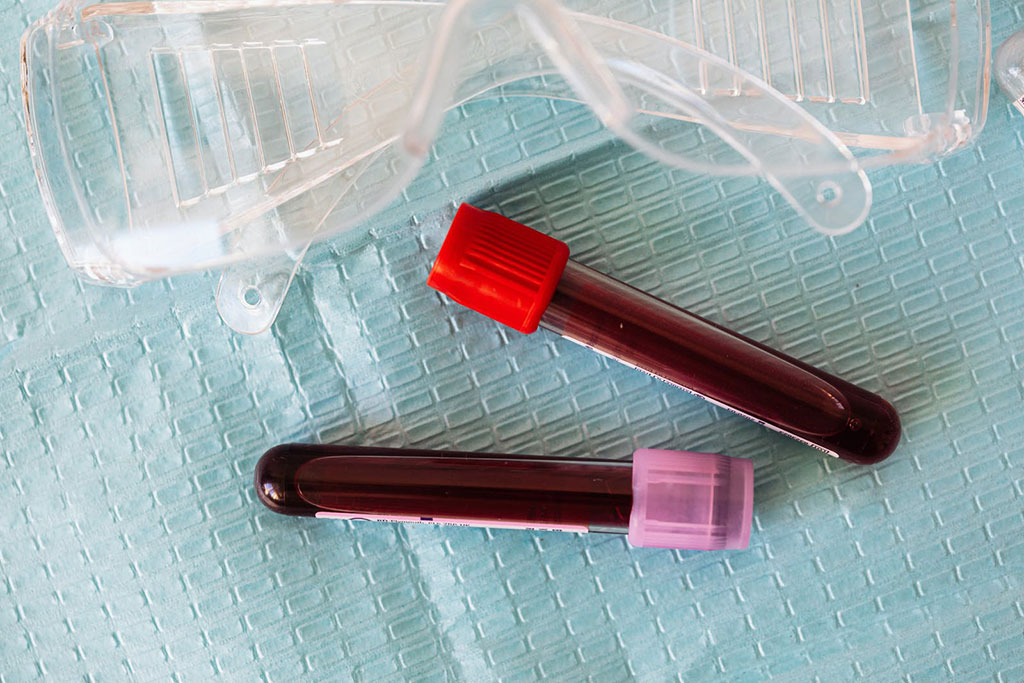First-of-Its-Kind Blood Test Could Transform Cancer Treatment
Posted on 21 Jul 2022
Metastatic cancer - cancer that has spread to other organs in the body - is not often curable, and chemotherapy and newer targeted therapies may not work for all patients. Biopsies to help determine the best treatments for this type of cancer are rarely performed due to their invasive nature and the high risk of complications. This is often a major barrier in studying and treating this disease. Now, a new blood test provides unprecedented insight into a patient’s cancer make-up, potentially allowing doctors to better select treatment options that will improve patient outcomes.
The first-of-its-kind blood test developed by researchers at the Vancouver Prostate Centre (British Columbia, Canada) and BC Cancer (British Columbia, Canada) analyzes the DNA that metastatic cancers shed into the bloodstream, known as circulating tumor DNA or ctDNA. By sequencing the entire genome of this ctDNA, the test reveals characteristics that are unique to each patient’s cancer, giving physicians new tools to develop more personalized treatment plans.

For their study, the researchers examined ctDNA samples collected from patients with metastatic prostate cancer. The researchers discovered that whole genome sequencing of ctDNA provides a host of information about the different metastases spread throughout the body. Using newly developed computer programs, the researchers were able to pinpoint the unique genetic make-up of various cancer populations in the body to gain a more comprehensive understanding of the disease. The researchers say the information can also be used to help predict which treatments will be effective or ineffective in each patient.
While the number of cancer treatment options has expanded in recent years, a common problem is that eventually those treatments stop working. Drug resistance can develop over time as cancer cells accumulate molecular changes that make them less sensitive to a particular drug or treatment. The study sheds new light on how this resistance develops. By collecting multiple ctDNA samples over time, the researchers were able to learn how cancer evolves in response to treatment. The findings revealed new genetic mechanisms of resistance to the most common drugs for treating metastatic prostate cancer and more broadly demonstrates how ctDNA profiling can be used to understand treatment resistance across other types of cancers. The researchers say that this minimally-invasive, relatively inexpensive and highly-scalable technology is now being deployed across large clinical trials.
“With only a few drops of blood, we can uncover critical information about a person’s overall disease and how best to manage their cancer,” said senior author Dr. Alexander Wyatt, an assistant professor of urologic sciences at the University of British Columbia (UBC) and senior research scientist at the Vancouver Prostate Centre. “This test has the potential to help clinicians choose better tailored treatment options and to more efficiently detect treatment resistance, allowing clinicians to adjust clinical care as needed.”
“Metastatic cancers are complex and our understanding of them has been limited. Whereas traditional biopsies only provide a small snapshot of the disease, this new test is able to paint a more complete picture of metastases throughout the body, all from a simple and easy to perform blood test,” added Dr. Wyatt. “Every cancer is unique and every patient responds differently to treatment. This new generation of ctDNA tests can help clinicians choose the treatment option that is most likely to benefit a patient.”
Related Links:
Vancouver Prostate Centre
BC Cancer













